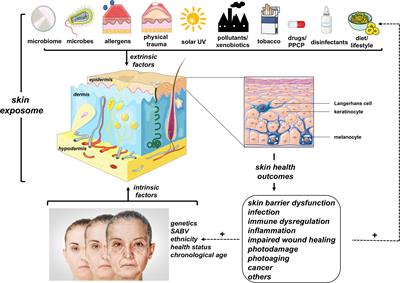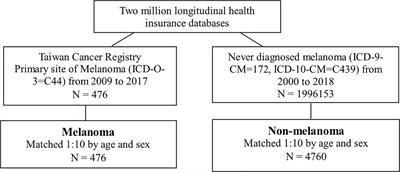EDITORIAL
Published on 27 May 2022
Editorial: Environment and Skin Cancer
doi 10.3389/fonc.2022.924225
- 1,858 views
- 1 citation
16k
Total downloads
61k
Total views and downloads
You will be redirected to our submission process.
EDITORIAL
Published on 27 May 2022
REVIEW
Published on 29 Apr 2022

SYSTEMATIC REVIEW
Published on 22 Mar 2022

MINI REVIEW
Published on 10 Mar 2022

REVIEW
Published on 03 Mar 2022

ORIGINAL RESEARCH
Published on 03 Mar 2022

ORIGINAL RESEARCH
Published on 10 Feb 2022

ORIGINAL RESEARCH
Published on 31 Jan 2022

REVIEW
Published on 07 Jan 2022

ORIGINAL RESEARCH
Published on 29 Nov 2021

ORIGINAL RESEARCH
Published on 30 Sep 2021

ORIGINAL RESEARCH
Published on 02 Aug 2021

